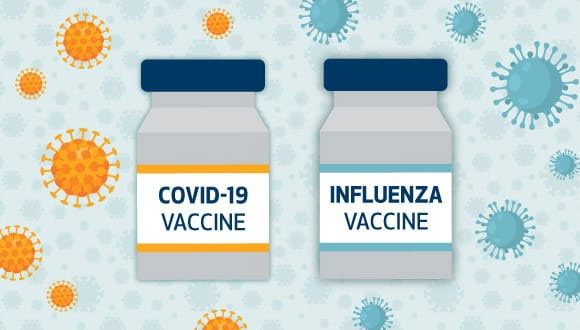In a report presented at the 9th Annual Conference of the San Antonio Vaccine Development Center (USA), a team of experts from the Texas Biomedical Research Institute (USA) and the University of Verona (Italy) proposed the hypothesis that differences related to sex hormones lead to women having higher antibody levels after receiving the Covid-19 vaccine compared to men.
Specifically, higher levels of testosterone in men have been shown to suppress the immune system, while higher levels of estrogen in women enhance immune responses.
Additionally, some genes that code for immune proteins are located on the X chromosome in females. The presence of two X chromosomes may help boost immune activity.

Women generally have higher antibody levels after vaccination than men, whether for the Covid-19 vaccine or the flu vaccine. (Source: Reuters).
Previous studies have shown that men are more susceptible to infections from bacteria, viruses, fungi, and parasites than women. Furthermore, men’s immune systems do not respond as robustly as women’s after receiving vaccines such as those for flu, measles, and hepatitis.
A study published on December 23, 2013, by the National Academy of Sciences of the USA indicated that after receiving the flu vaccine, men with higher testosterone levels had lower protective antibody levels compared to those with lower testosterone levels and were also lower than those in women. Therefore, overall, women have a stronger antibody response to the Covid-19 vaccine than men.
However, according to the team of experts led by Dr. Brandon Michael Henry, regardless of age, women who received the Covid-19 vaccine saw their antibody levels decrease by more than 50% within six months after reaching the peak level right after vaccination.
The team conducted systematic reviews across 32 studies involving over 5,000 individuals, which also showed similar results regarding age and gender.
Dr. Henry noted that increasing numbers of older adults and men are suffering worse outcomes from the Covid-19 pandemic due to weakened immune responses against the SARS-CoV-2 virus in these groups.
Nevertheless, the experts assert that a decrease in antibody levels does not mean that the vaccine is ineffective. In vaccinated individuals, there are various antibodies that play distinct roles in preventing breakthrough infections, and if infected, symptoms tend to be milder compared to those who are unvaccinated.
These antibodies continue to be effective even when their levels are lower, which is why vaccination remains important. As these antibodies will continue to decline over time, receiving booster doses can help maintain antibody levels at a high enough level to provide more effective protection for individuals.

















































